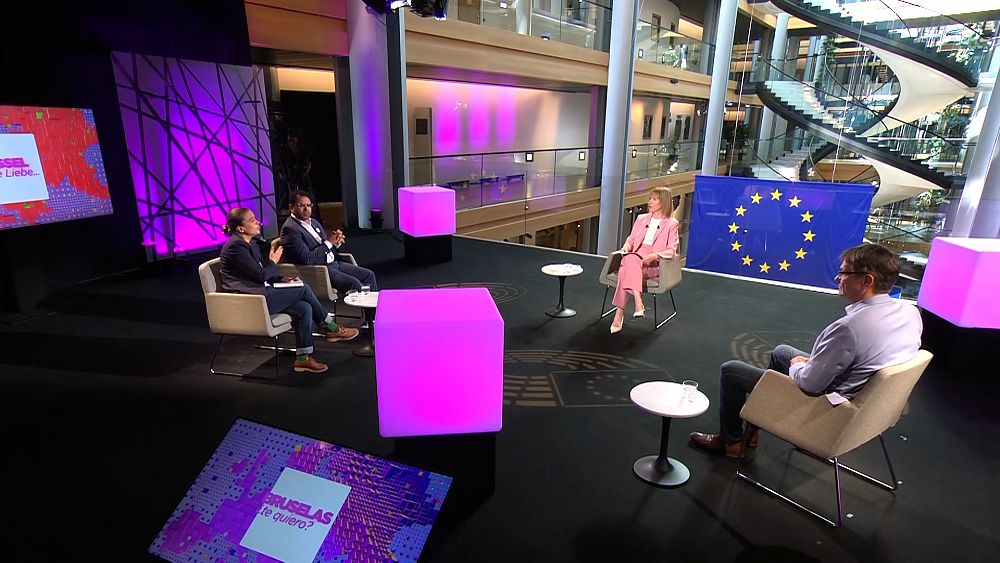
In this edition of Brussels, My Love?, we discuss the closely-watched vote on the Nature Restoration Law, which would work to rehabilitate damaged ecosystems.
The Nature Restoration Law was proposed over a year ago and after a tense tug-of-war between political parties in the European Parliament, it finally passed this week, but narrowly: 336 MEPs voted in favour, 300 against, and 13 abstained.
Silvia Modig voted for the law and emphasized her mixed emotions over the results. “You cannot build a house without building a foundation for it,” she said. “I’m very happy that the rejection (of the law) failed, and we have a text which we will try to improve in the trialogues, but the text became a lot weaker.”
Peter Liese, from the EPP, voted against this law and said it was for his mainly rural constituency. “Ninety per cent of my people, not only farmers, mayors, forest owners, people that have hydropower, they say, what are you doing here? You know, 80% of our nature is in bad circumstances. When I go with people in my constituency, they don’t see this,” he said.
He continued to say that the perception of “bad circumstance” is an issue- calling out the Brussels bubble for not understanding the perspective of those who live in rural landscapes.
Modig disagreed with this point and slammed the EPP’s campaign against the legislation. “Do you know why the perception is so different? Because the EPP has been spreading misinformation,” she said.
Mohammed Chahim had a similar belief. “If you go to people and tell them this is a bad law over and over again, they of course believe that it’s a bad law,” he said.
“We need to listen to experts,” he added. “Not people looking at grasslands and say how nice and green that they look”.
Liese did agree with his colleagues on the EPP’s campaign. “To be honest, it is true that some of the tweets that EPP people made are exaggerated,” he said.
Panelists also discussed the EU Chips Act which aspires to turn the continent into a manufacturing hub for cutting-edge technology and reduce dependencies on third countries as well as the impact of tourism on the environment.
Watch ‘Brussels, My Love?’ in the player above for more.